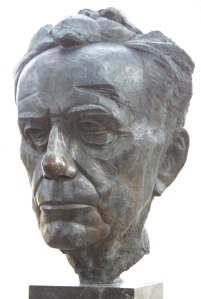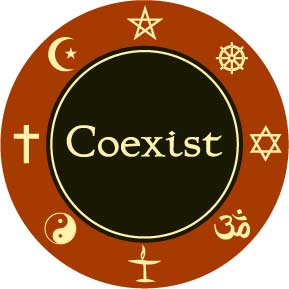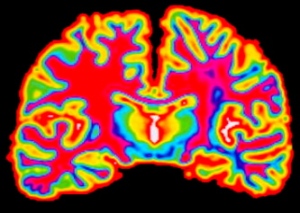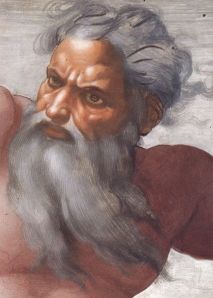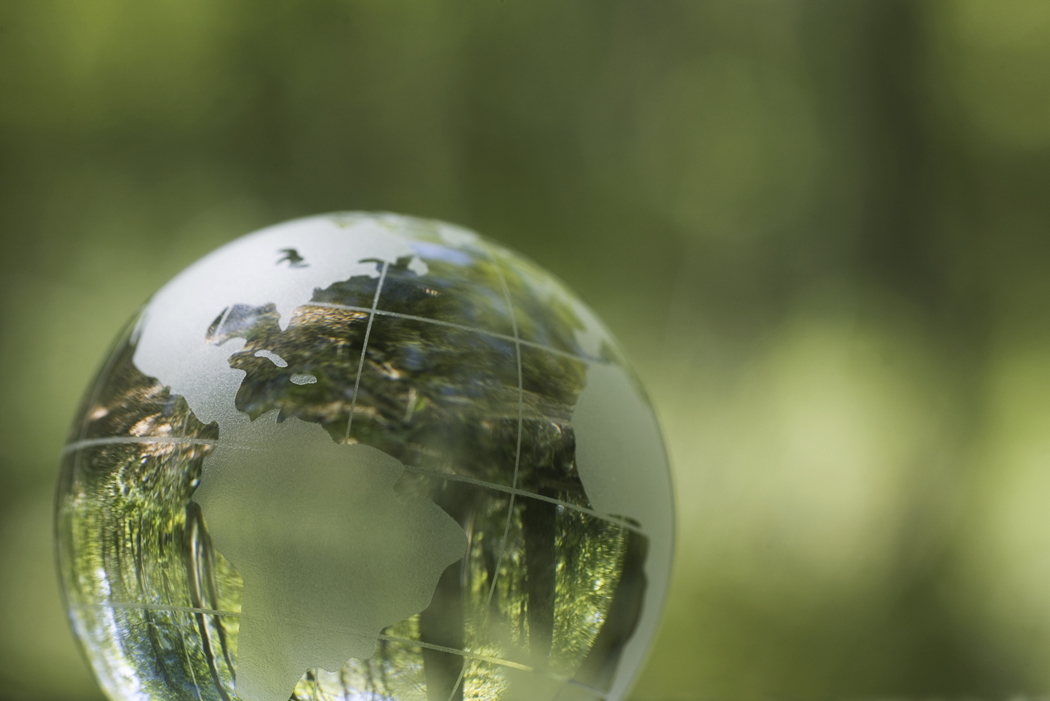‘ONE GARDEN – Masters of Wisdom’ – Session 5 – 5th Feb 2013 Cafe Coho 10am – updated

Two juxtaposed passages today, one from Hinduism, one from Baha’i – plus links to other great sources. I consider myself a Buddhist, a Hindu, a Jew, a Christian, a Moslem and a Baha’i – and a Humanist and sometimes even an a-theist! See my One Garden videos course on a page – HERE
In Sufism, or Islam generally, or Hinduism or Buddhism – in fact in all of the great faiths there are descriptions of the stages of spiritual development. These are the way-stations on our spiritual journey. For the true, sincere & committed seeker these describe the challenges through which the seeker can achieve her or his desire to reflect the name, attributes and qualities of God.
*HINDUISM – The Bhagavad Gita is one such piece of scripture – text & chanting in English HERE My favourite passage from the Bhagavad Gita as many of you know is this;
“Like two birds of golden plumage, inseparable companions, the
individual self and the immortal Self are perched on the branches of the
self same tree. The former tastes of the sweet and bitter fruits of the
tree; the latter, tasting of neither, calmly observes.
“The individual self, deluded by forgetfulness of his identity with the
divine Self, bewildered by his ego, grieves and is sad. But when he
recognizes the worshipful Lord as his own true Self, and beholds his
glory, he grieves no more.”
It’s my favourite because it encapsulates a complete answer to the question that I laboured so long to answer, “What is it to be fully & positively human?” My 80,000 answer, a doctoral dissertation, is HERE (Ahhh the joys of brevity!) It also answers the question, “What is reality?” AND provides the heart of The Perennial Philosophy/the mystical core of all of the great faiths traditions.
BUDDHISM – I suspect that 8 and four etc are more the stages in Buddhism – but what joy there is in the pure forms of its teachings – see HERE on mindfulness.
JEWISH – with Abraham Joshua Heschel as the ‘gate provider’ – see HERE
SUFI – For a fascinating way into a Sufi presentation of 7 stages see HERE
CHRISTIAN – Haven’t yet found a really good co-equivalent from within Christianity – but I suggest you explore this fascinating site – HERE
*BAHA”I – SUMMARY OF THE SEVEN VALLEYS
1 The Valley of Search The valley of search is described as the first step that a seeker must take in his path. Bahá’u’lláh states that the seeker must cleanse his heart, and not follow the paths of his forefathers. It is explained that ardour, and patience are required to traverse this valley.
2 The Valley of Love – The next valley is the “Valley of Love” and in this valley the seeker is compared to a moth who has found a flame. Bahá’u’lláh writes that the heart of the seeker is touched, and the seeker has fallen in love with God.
3 The Valley of Knowledge – The knowledge referred to in this valley is the knowledge of God, and not one based on learning; it is explained that pride in one’s knowledge and accomplishments often disallows one to reach true understanding, which is the knowledge of God. It is explained that the seeker, when in this valley, begins to understand the mysteries contained within God’s revelation, and finds wisdom in all things including when faced with pain and hardship, which he understands to be God’s mercy and blessing. This valley is called the last limited valley.
4 The Valley of Unity
The next stage is the valley of unity, and it is explained that the seeker now sees creation not by its limitations, but sees the attributes of God in all created things. The seeker, it is written, is detached from earthly things, is not concerned with his own self and has no ego; instead he praises God for all of creation.
5 The Valley of Contentment
The next valley for the seeker is the valley of contentment, where it is explained, that the seeker becomes independent from all things, and even though he may look poor or is subjected to suffering, he will be endowed with wealth and power from the spiritual worlds and will inwardly be happy. Happiness is explained to be the attribute of the true believer, and it cannot be achieved by obtaining material things, since material things are transitory.
6 The Valley of Wonderment
In the valley of wonderment the seeker, it is written, is struck dumb by the beauty of God; the seeker becomes conscious of the vastness and glory of creation, and discovers the inner mysteries of God’s revelation. Being led from one mystery of creation to the next, it is explained that the seeker continues to be astonished by the works of God.
7 The Valley of True Poverty and Absolute Nothingness
The final valley is the valley of true poverty and absolute nothingness and it is the furthermost state that the mystic can reach. The seeker, it is explained is poor of all material things, and is rich in spiritual attributes. It is explained that it is the state of annihilation of self in God, but not an existential union: the essences of God’s self and the mystic’s self remain distinct, in contrast to what appears to be a complete union in other traditions.
The sentence underlined is the Baha’i argument – the finite cannot apprehend the infinite.This is the best overall plain language model I’ve found so far. If you find others let me know! NB The above summary is to be found on WikiPedia
FULL TEXT of THE SEVEN VALLEYS (+ The Four Valleys) –
the above is only a ‘cold’ summary – read the real thing online –
full text HERE
NB The introduction is long – I suggest you go straight down to the ‘Valley of Search’
* PSYCHOLOGY OF RELIGION including Fowler’s Stages of Faith
Faith is seen as a holistic orientation, and is concerned with the individual’s relatedness to the universal. Fowler defines faith as an activity of trusting, committing and relating to the world based on a set of assumptions of how one is related to others and the world.
- Stage 0 – “Primal or Undifferentiated” faith (birth to 2 years), is characterized by an early learning of the safety of their environment (i.e. warm, safe and secure vs. hurt, neglect and abuse). If consistent nurture is experienced, one will develop a sense of trust and safety about the universe and the divine. Conversely, negative experiences will cause one to develop distrust with the universe and the divine. Transition to the next stage begins with integration of thought and languages which facilitates the use of symbols in speech and play.
- Stage 1 – “Intuitive-Projective” faith (ages of three to seven), is characterized by the psyche’s unprotected exposure to the Unconscious.
- Stage 2 – “Mythic-Literal” faith (mostly in school children), stage two persons have a strong belief in the justice and reciprocity of the universe, and their deities are almost always anthropomorphic.
- Stage 3 – “Synthetic-Conventional” faith (arising in adolescence; aged 12 to adulthood) characterized by conformity to religious authority and the development of a personal identity. Any conflicts with one’s beliefs are ignored at this stage due to the fear of threat from inconsistencies.
- Stage 4 – “Individuative-Reflective” faith (usually mid-twenties to late thirties) a stage of angst and struggle. The individual takes personal responsibility for his or her beliefs and feelings. As one is able to reflect on one’s own beliefs, there is an openness to a new complexity of faith, but this also increases the awareness of conflicts in one’s belief.
- Stage 5 – “Conjunctive” faith (mid-life crisis) acknowledges paradox and transcendence relating reality behind the symbols of inherited systems. The individual resolves conflicts from previous stages by a complex understanding of a multidimensional, interdependent “truth” that cannot be explained by any particular statement.
- Stage 6 – “Universalizing” faith, or what some might call “enlightenment“. The individual would treat any person with compassion as he or she views people as from a universal community, and should be treated with universal principles of love and justice.
CONCLUSION: Whether the stages are 7 or 8, or any number, the stages go through Awakening: Detachment from ego & Service – & the final stage is always ‘no-self’. There are many paths to the top of the mountain but reality at the summit is One.
SUPPLEMENTARY QUESTIONS
Have you found what you are looking for?
How do you know? – what are your criteria to know that you have found what you are looking for?
Do you recognise any stages in your journey so far?
Do you recognize your journey in any of the models you have so far seen?
How far and it what ways do you need to a) have a satisfactory notion of what it is to be human, b)
Please add any other questions you feel the group should discuss?
Namaste – Roger
TABS: spirit, spiritual, spiritual progress, personal development, Sufi, sufism, Islam, Baha’i, perennial philosophy, search, love, knowledge, unity, contentment, wonderment, true, poverty, absolute nothingness, no-self, the void, spirit and form, formlessness, mysticism, mystical oneness, oneness, One Garden, One summit, reality, ultimate reality, awe, wonder, wonderment, happiness, joy, God, truth, beauty, goodness, service, attachment, detachment, awaken, awake, awakening, awakened, heart, journey, seeking, changeless faith of God, the mystic, mystical bond, infinite, finite, infinite God, Bible, Koran, Bhagavad Gita, Buddhism, Hinduism, Judaism, Christianity, Sufi (Islam),




 alism
alism
